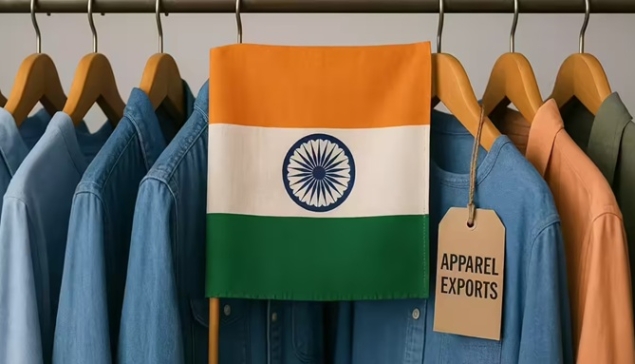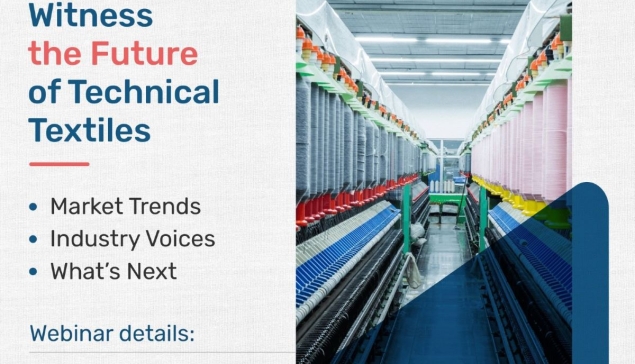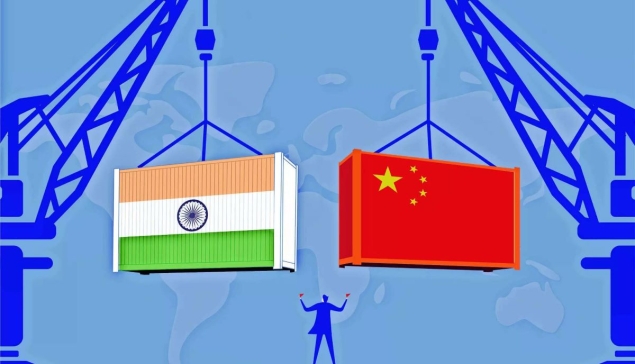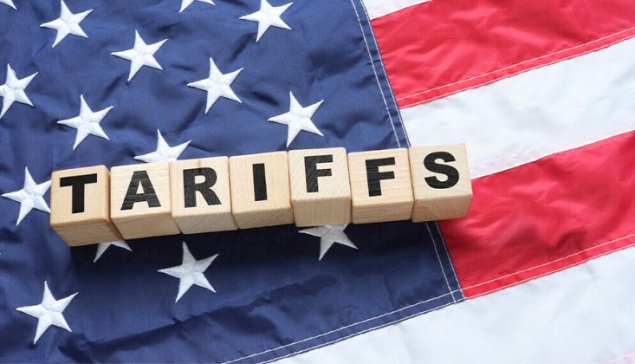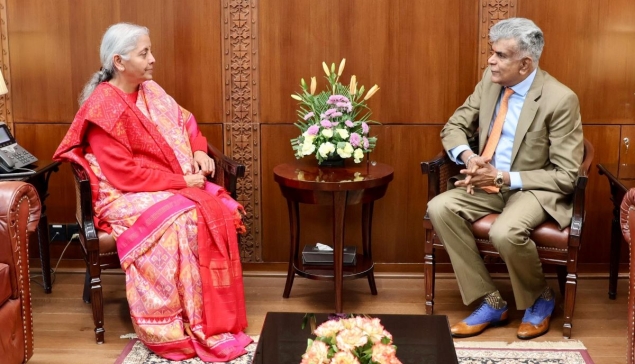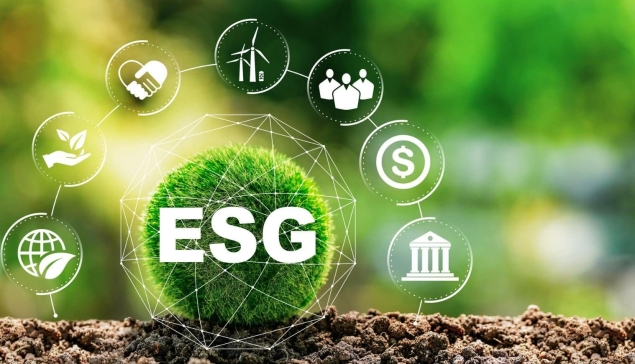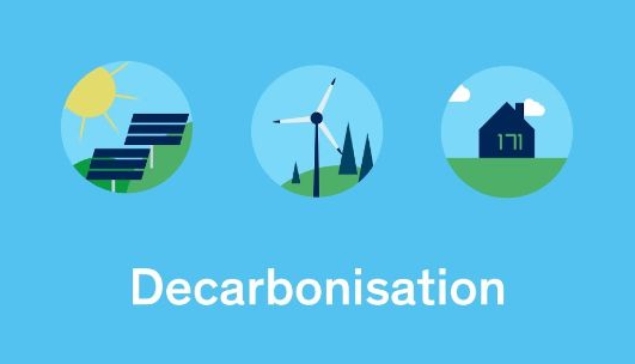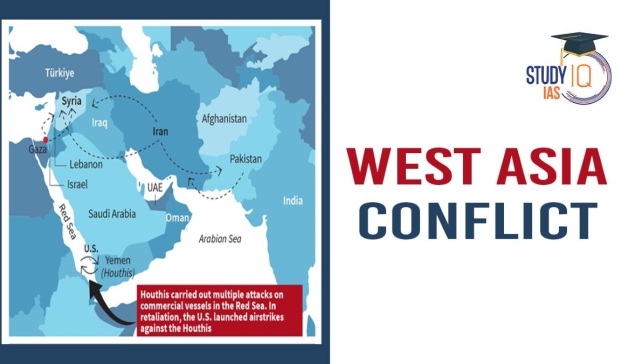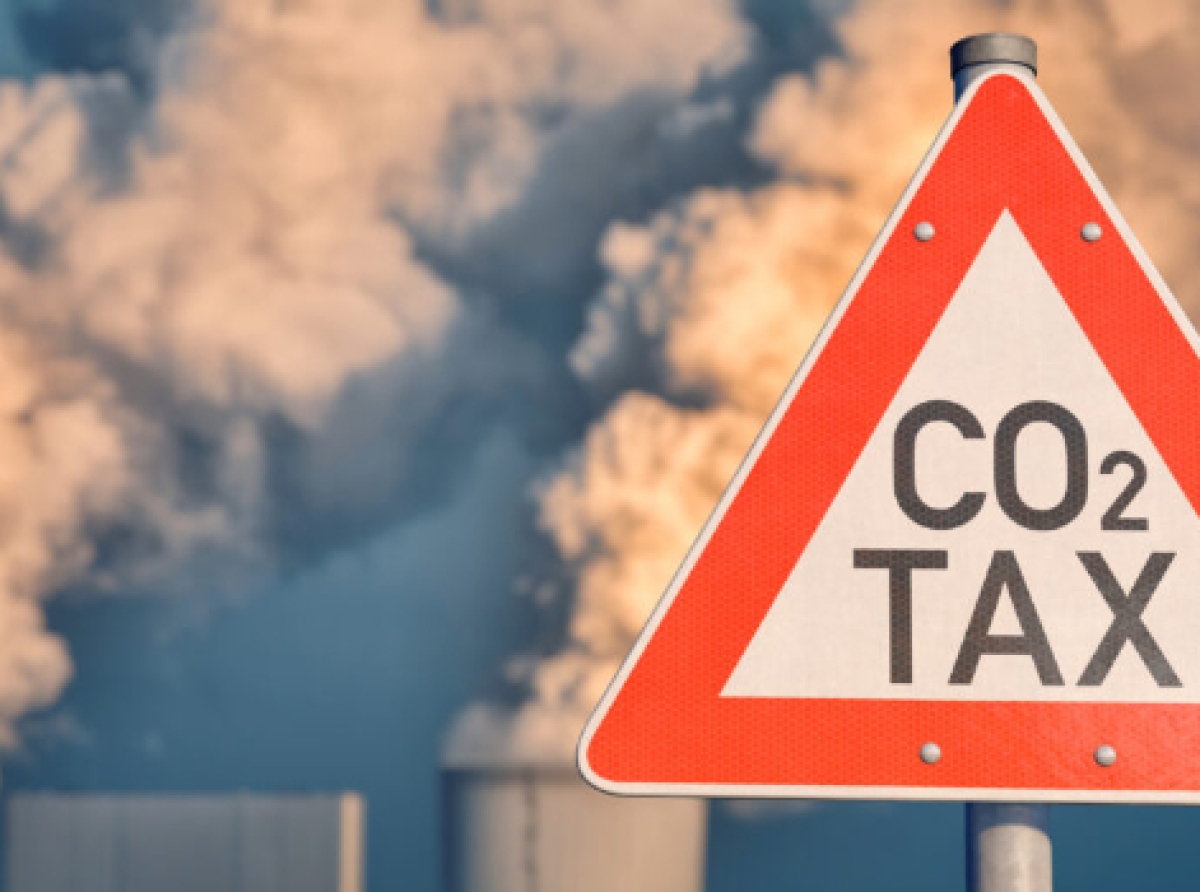Compliance with regulations like the EU Corporate Supply Chain Due Diligence Directive is crucial for SMEs in global value chains and makes it imperative not only to measure their emissions but demonstrate the reduction of their emissions.
However, SMEs remain constrained due to limited awareness and knowledge about the latest developments in decarbonization and emerging regulations, poor access to new technologies, inadequate financing options, shortage of manpower, and absence of conducive policies.
Fashion Guru
The textile sector (especially in India) is an important one to decarbonize due to
1) its significant energy use, contributing 6-8% of global emissions,
2) India, the third-largest textile exporter, with the USA (27%), the UK (5%), and the EU (18%) as primary export destinations faces challenges from international sustainability laws like the CorporateSustainability Reporting Directive.
3) Despite high emissions, India's textile recycling industry, with over 900 recycling units and large import of used textiles is vital for circular economies.
4) The sector is also crucial socio-economically, being the second-largest employment provider, especially for those from deprived sections.
Join our community
The need of the hour is to build the capacity of the SME sector and provide handholding support for decarbonization efforts.
Additionally, it is imperative to ensure the development of a strong ecosystem through innovative financing, conducive policies affordable technologies, and requisite (re)skilling programs.



